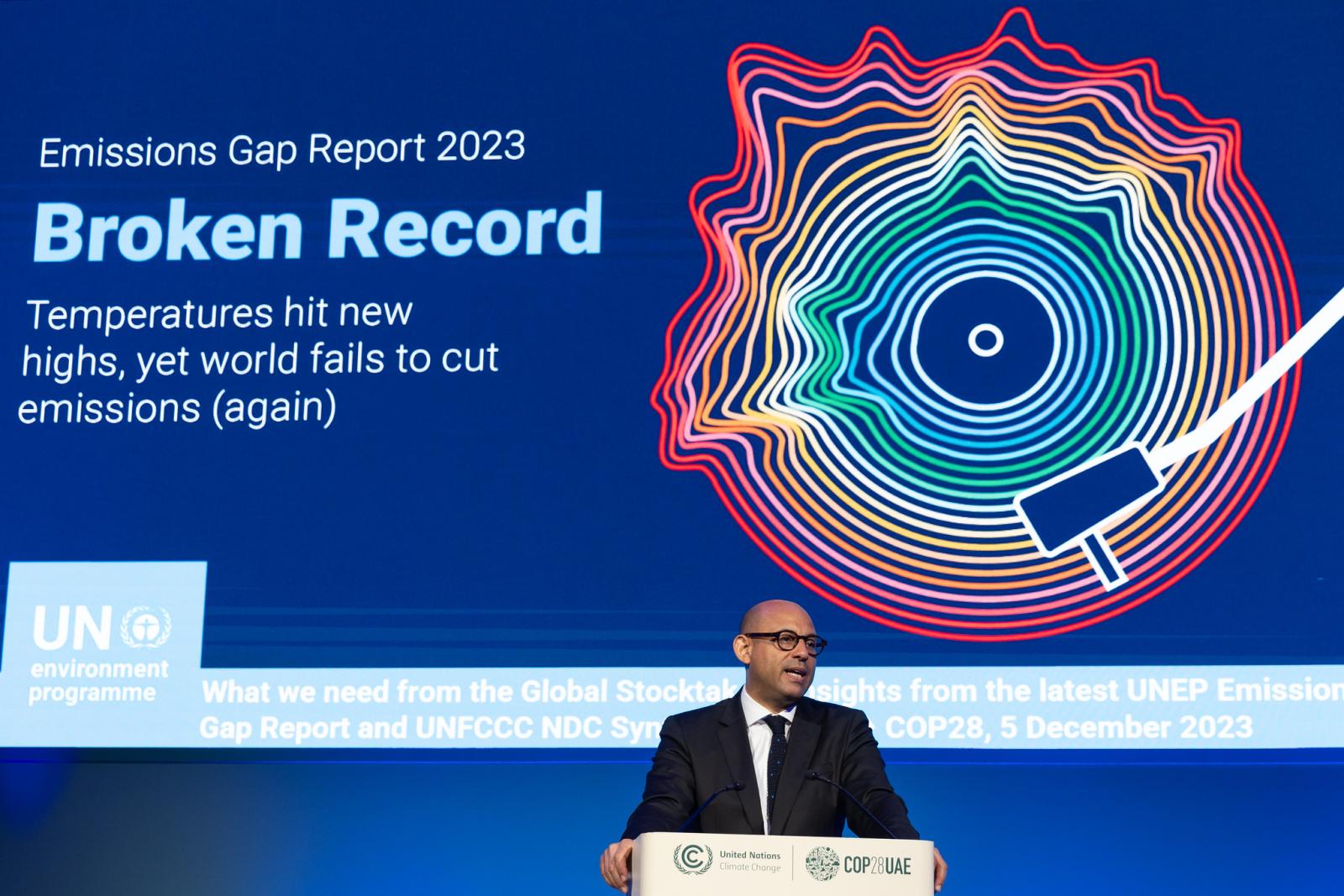
Credits: Sarawutnirothon / Motion Elements.
Homeopathy: harmful or helpful? European scientists recommend an evidence-based approach.
A new evaluation from EASAC confirms there is no robust, reproducible evidence that homeopathic products work.
Across Europe, many people use homeopathic products, which claim to treat a wide array of illnesses. Though these products may be popular in some countries, scientists question whether they are helpful or harmful. In a new statement, a Working Group of the European Academies’ Science Advisory Council (EASAC) - a group composed of leading scientists from across Europe - says that there is no robust, reproducible evidence that homeopathic products are effective for any known diseases, even if there is sometimes a placebo effect. Moreover, homeopathy can actually be harmful: by delaying or deterring a patient from seeking appropriate, evidence-based, medical attention and by undermining patient and public confidence in scientific evidence. There are significant implications for public policy, public health, and the regulation of homeopathy in the European Union.
From analysis of the appropriately controlled, verifiable evidence base, any claimed efficacy of homeopathic products in clinical use can be explained by the placebo effect or attributed to poor study design, random variation, regression towards the mean, or publication bias. While the placebo effect can be of value to the patient, there are no known diseases for which there is robust, reproducible evidence that homeopathy is effective. The scientific claims made for homeopathy are implausible and inconsistent with established concepts from chemistry and physics.
We recognize the fundamental importance of allowing and supporting consumer choice. But patient choice must be appropriately informed and this raises issues for achieving a standardised, knowledge-based, regulatory framework and sound advertising practices that can apply equitably to all medicinal products, whatever their origins and whatever their mechanisms.
The promotion and use of homeopathic products risks significant harms as mentioned above. In addition, homeopathy raises issues of concern for patient informed consent if health practitioners recommend products which they know are biologically ineffective. There are also potential safety concerns for homeopathic preparations because of poorly monitored production methods.
EASAC recommends that:
• There should be a consistent regulatory requirement for claims for the efficacy, safety and quality of all medicinal products to be based on verifiable and objective evidence, commensurate with the claims being made. The necessity for robust data applies to products for both human and veterinary medicine.
• Public health system budgets are under increasing pressure. Evidence-based public health systems should not offer reimbursement for homeopathic products and services unless they are demonstrated to be efficacious and safe by rigorous testing.
• The composition of homeopathic products should be labelled in a similar way to other health products available in the pharmacy (OTC) or elsewhere. That is, the current exceptional labelling permitted for homeopathic products should be replaced by a simple description of the ingredients and their amounts present in the formulation.
• Advertising and marketing of homeopathic products and services must be regulated to be accurate and clear: advertising claims made for efficacy and safety should not be allowed without demonstrable and reproducible evidence.
Our recommendations on testing, regulation, labelling and marketing have significant implications for the European Commission: in particular, for the Directorate General for Health and Food Safety (covering both human and veterinary medicine), the European Medicines Agency (EMA), and the Directorate General for Justice and Consumers. There are also major implications for Member State health services and medicine regulatory agencies. In addition, there are significant challenges for patient education and dialogue, and public engagement.
Notes for editors:
Homeopathy is a concept for the manufacture and use of various highly diluted products to treat diseases, that was created in 1796 by Samuel Hahnemann. His doctrine was based on “like cures like”, whereby a substance that causes a symptom is used to treat the same symptom in illness. A second central principle is the “law of infinitesimals”, which involves a process of serial dilution and shaking (succussion) that is asserted to increase potency. Some practitioners claim that homeopathy works by stimulating the body to heal itself.
Many scientists and medical doctors are very critical of the health claims made for homeopathic products and practices and consider the explanations advanced for their efficacy scientifically implausible.
EASAC, the European Academies Science Advisory Council, is publishing the present Statement to reinforce and reiterate this extensive and well-founded critique and to encourage and support (i) policy makers in the EU in taking a more explicitly evidence-based approach to assessing the claims for homeopathy and (ii) all those interested in stimulating better public engagement with these contentious issues and in improving consumer’s rights to correct information.
In preparing our Statement, EASAC is building on work already done by member academies, in particular the Royal Swedish Academy of Sciences. Our Statement is prepared with the help of an expert Working Group (Appendix 1 in the Statement) whose members were nominated by the constituent academies of EASAC.
EASAC is formed by the national science academies of the EU Member States, Norway and Switzerland, to collaborate in giving advice to European policy-makers. EASAC provides a means for the collective voice of European science to be heard. Through EASAC, the academies work together to provide independent, expert, evidence-based advice about the scientific aspects of European policies to those who make or influence policy within the European institutions.
Read statement online here.


